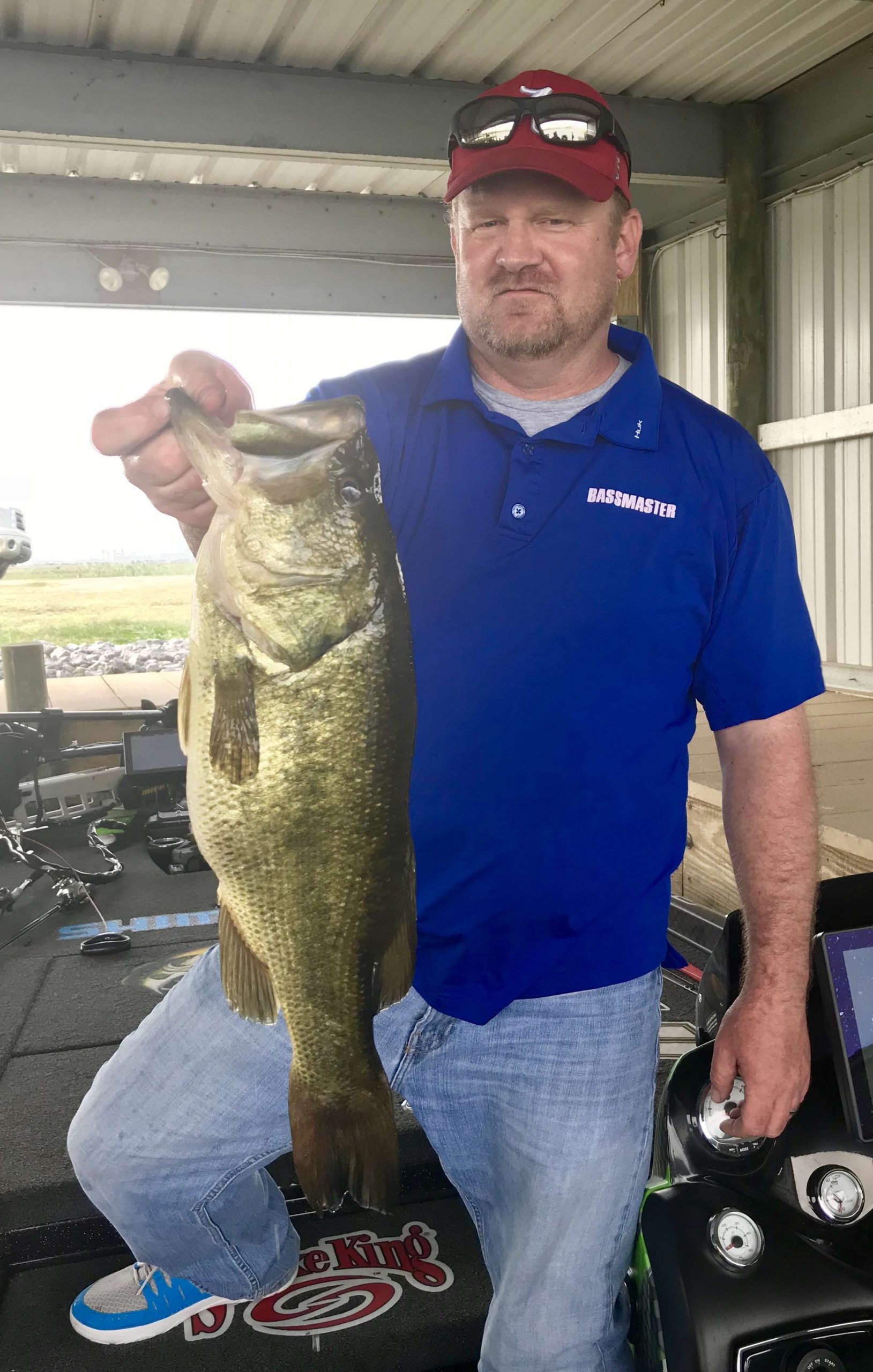Things usually hit you harder when you’re on the inside looking out.
I’ve always felt bad for children and families affected by autism, and I would have been moved by John Crews’ efforts to promote autism awareness at last week’s Elite Series event on Lake Guntersville even if I wasn’t personally acquainted with the issue.
But knowing what I know, I didn’t even try to discuss it with Crews for fear I’d be moved to tears in front of the manliest crowd on earth.
In case you missed it…
At Crews’ request, each of the 113 Elite Series pros flew a special flag on their light poles aimed at raising awareness for autism, a serious developmental disorder that impairs the ability to communicate and interact with others.
Crews used every possible moment to remind people that April is “National Autism Awareness Month.” Now that the tournament is over, his cool-looking “puzzle flags” will be autographed by the anglers and auctioned to raise money for a nonprofit group focused on autism.
Watching anglers leave Guntersville City Harbor with those flags flying was as moving as anything I’ve witnessed at a sporting event. No touchdown, home run or 10-pounder has ever matched it.
I became a first-time father at age 41 when my twin daughters, Avery and Ainsley, were born in October 2013. Besides coming five weeks early and having to spend a week in the Neonatal Intensive Care Unit to make sure everything was working properly, they seemed absolutely perfect.
All of the things they were supposed to do – rolling over, sitting up, pulling up, walking – happened exactly when they were supposed to. But there were still some things that just weren’t right.
For a while, my wife Kim and I were terrified they might both be deaf.
We’d scream their names at the top of our lungs, and they wouldn’t even blink. We’d walk up behind them and clap our hands, and still nothing.
It was after their hearing was deemed normal that we first heard the word “autism” used as a possibility. There may be scarier words, but I can’t think of one that’s cost me as much sleep as that one did for the first few months it was used in relation to my babies.
I was terrified, partly because I had no awareness.
I wasn’t aware that autism is a very broad term – so broad, in fact, that the actual diagnosis is often labeled “autism spectrum disorder” because the symptoms vary so widely. Some children are mildly impaired, while others are severely disabled.
I also wasn’t aware that so much can now be done to help children who are diagnosed with ASD, no matter how severe their symptoms. From simple things family members can do every day to federal programs designed to help ASD-affected children, plenty can be done – and it’s crucial to start as soon as you suspect something might be wrong.
In my mind, that makes Crews’ efforts at Guntersville more important than any of the 59 pounds, 15 ounces of fish he caught to finish in 14th place and take the lead in the Angler of the Year standings.
We started working with Avery and Ainsley on our own in February, and they began making frequent eye contact with us for the first time in just a few weeks. Once we had their attention, it was easier to get them to respond to sounds and more importantly, to words like “No” and “Stop.”
Trust me, when you have twin toddlers running in opposite directions, you need them to understand “No” and “Stop.”
They’re almost 17 months old now, and we’re still waiting on a lot of milestones.
They haven’t spoken their first words, and they’re only just beginning to recognize their own names. They don’t follow our fingers when we point at something or do the typical baby things like playing “peekaboo” or waving “bye-bye.” They don’t have anything to do with other children, including one another.
But they had their first weekly in-home visit by a representative from the Tennessee Early Intervention System last week. Before the visit, she sent us a sheet with all of those things specifically listed as goals.
Early Intervention is a system of services available across the country that helps babies and toddlers with developmental delays or disabilities. In some states, it’s provided at no charge.
No promises are made in any situation, but we’re confident Avery and Ainsley will catch up developmentally and go on to lead normal, wonderful lives. Children with more severe forms of ASD can also be helped in ways many people have probably never imagined.
Help is out there – and thanks to the selfless efforts of people like Crews and the flag-flying anglers of the Elite Series, more people are likely to seek and take advantage of it.
John, I hope you’ll understand why I didn’t say it in person last week.
But thanks.

